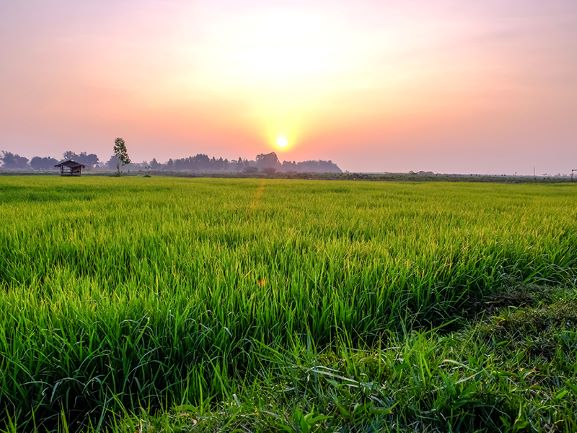Geneva: Plastics are accumulating in the world’s soils at a worrying rate, according to a new report from the United Nations Environment Programme (UNEP).
The 29th edition of UNEP’s Foresight Brief highlights how plastics used extensively in farming – from plastic coated plastic fertilizers to mulch film – are contaminating the soil and potentially threatening food security.
Microplastics are also impacting human health when transferred to people through the food chain.
"There is only a finite amount of agricultural land available," said Professor Elaine Baker from the University of Sydney, the report’s co-author, in a media release on Monday.
"We are starting to understand that the build-up of plastic can have wide-ranging impacts on soil health, biodiversity and productivity, all of which are vital for food security," she said.
Plastics are ubiquitous in agriculture. Macroplastics are used as protective wraps around mulch and fodder. They cover greenhouses and shield crops from the elements. They are used in irrigation tubes, sacks and bottles — and intentionally added microplastics are even used as coatings on fertilizers, pesticides and seeds.
But over time, macroplastics slowly break down into microplastics of shards less than 5mm long – and seep into the soil. These microplastics can change the physical structure of earth and limit its capacity to hold water. That can affect plants by reducing root growth and nutrient uptake. Chemical additives in plastics that leach into the soil can also impact food value chains and lead to health implications.
To reduce the reliance on hydrocarbon-based polymers, the use of bio-based polymers is expanding. But, not all are biodegradable – some may be as toxic as fossil fuel-based polymers – and their price is still an issue.
So-called cover crops, which shield the soil and are not meant to be harvested, can also be used. These nature-based solutions can suppress weeds, counter soil diseases and improve soil fertility, but there are concerns they could reduce yields and increase costs.
"None of these solutions are a magic bullet," said Baker.
"Plastic is inexpensive and easy to work with, which makes trying to introduce alternatives a hard sell," she added.
Cek Berita dan Artikel yang lain di Google News
FOLLOW US
Ikuti media sosial medcom.id dan dapatkan berbagai keuntungan



















